As the world comes together to observe World Water Day 2024, the spotlight is on India's ongoing struggle with water accessibility and sustainability. With over 1.3 billion people, the country faces profound hurdles in ensuring clean water for all. Yet amidst these challenges, stories of resilience and community-driven action emerge, exemplified by organizations like SEEDS India. In this narrative, let's explore SEEDS' community projects and how they're making a difference in India's water crisis. Join us as we delve into the inspiring efforts of SEEDS and their commitment to fostering a more sustainable and resilient future for all.
The Magnitude of India's Water Crisis
Recent statistics paint a concerning picture: nearly 600 million Indians are grappling with high to extreme water stress. Natural disasters in India, such as floods, cyclones, and earthquakes, often lead to significant disruptions in water supply systems, resulting in acute shortages of clean water. These calamities damage infrastructure and contaminate water sources with pollutants and disease-causing pathogens. The resultant lack of clean water poses severe health risks, particularly in densely populated areas. Moreover, the situation exacerbates the plight of vulnerable communities who struggle to access safe drinking water.
This crisis is compounded by rapidly depleting groundwater resources and widespread water contamination issues. On World Water Day 2024, these figures not only highlight the gravity of the situation but also serve as a call to action for sustainable solutions.
SEEDS' Holistic Approach to Water Security and Disaster Resilience
This World Water Day, attention turns towards the remarkable efforts of organizations like SEEDS India, whose community projects are making tangible differences in the lives of many. Through innovative approaches and deep community involvement, SEEDS is not just offering temporary relief but is fostering long-term resilience and self-sufficiency. 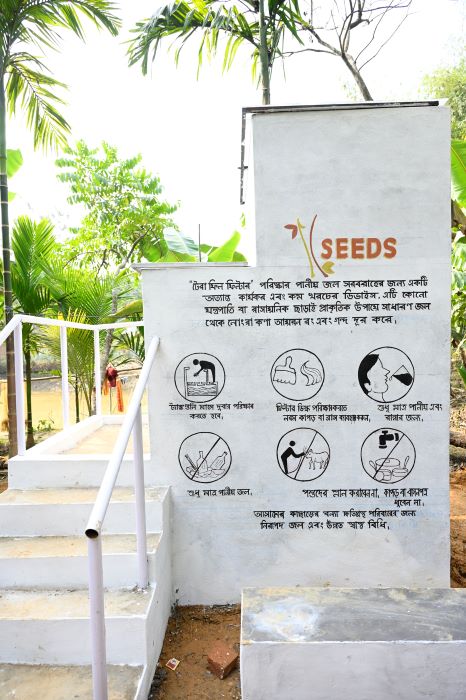
The country's susceptibility to a range of natural hazards, compounded by the impacts of climate change, has made disaster resilience and preparedness a paramount concern. Unplanned development and inadequate disaster preparedness amplify devastation, often leading to loss of lives, livelihoods, and forced migration. In response, SEEDS' comprehensive approach in disaster-affected and at-risk communities is noteworthy. Their focus spans safe housing, schools, community infrastructure, water and sanitation, environment, and health, all grounded in sustainable, ecosystem-based approaches.
The Assam Story
The story of SEEDS' intervention in Assam, particularly in the aftermath of the devastating 2022 floods, is a testament to their impactful work. The floods that ravaged the Cachar district were a harsh reminder of nature's unpredictable fury. SEEDS' Project Ashraya India Flood Relief, in collaboration with the Cachar district administration, has been at the forefront of rebuilding lives in this hard-hit region. Their response combined immediate relief with strategic long-term recovery efforts.
A notable achievement of this project is the installation of 10 Terra filters, which exemplify SEEDS' innovative approach to providing clean water. Terra filters, developed by CSIR-IMMT, are low-cost, efficient devices for filtering water, particularly effective in areas with high sediment, iron content, and microbial contamination. With the capability to treat water with high turbidity and iron content, these filters are a boon for communities in Cachar, where such conditions are prevalent. The simplicity and efficiency of Terra filters, requiring minimal training for production and maintenance, make them an ideal solution for resource-constrained settings.
Dr. Manu Gupta, the Director of SEEDS says, “The North-Eastern part of India is an identified climate hot spot. The increased number of climate incidents and the intensity are clearly affecting lives and livelihoods. The SEEDS team has a decade-long presence in the State and has strategically worked over the past two years to ensure that the building of schools and primary health centres is powered to incorporate community resilience as well.”
In the flood-affected Cachar district, the DRDO's Terra Filters emerged as a beacon of hope, offering clean water to areas where floods often lingered for weeks. Local residents like Manika Das greeted the filters with hope but also a wish for more, given the large number of people in need. In places like Mahadevpura and Khelma gram panchayat, these filters promised relief from the frequent muddy drinking water. The community's involvement, particularly in Mahadevpur, highlighted their collective effort and anticipation for improved living conditions. SEEDS, instrumental in this initiative, installed filters in strategic locations, embodying a commitment to build a resilient community prepared for future challenges, turning a simple solution into a symbol of enduring hope.
SEEDS’ work in India, epitomized by projects like in Assam, is a testament to the power of community-driven, sustainable approaches in tackling the challenges of disaster resilience and water security. As the world observes World Water Day 2024, SEEDS stands out as an exemplar of how targeted, innovative, and inclusive efforts can make a tangible difference in ensuring clean water for all, fostering resilience, and shaping a more sustainable future. Their endeavors in India are not just a beacon of hope for those directly impacted but also a blueprint for similar initiatives worldwide.




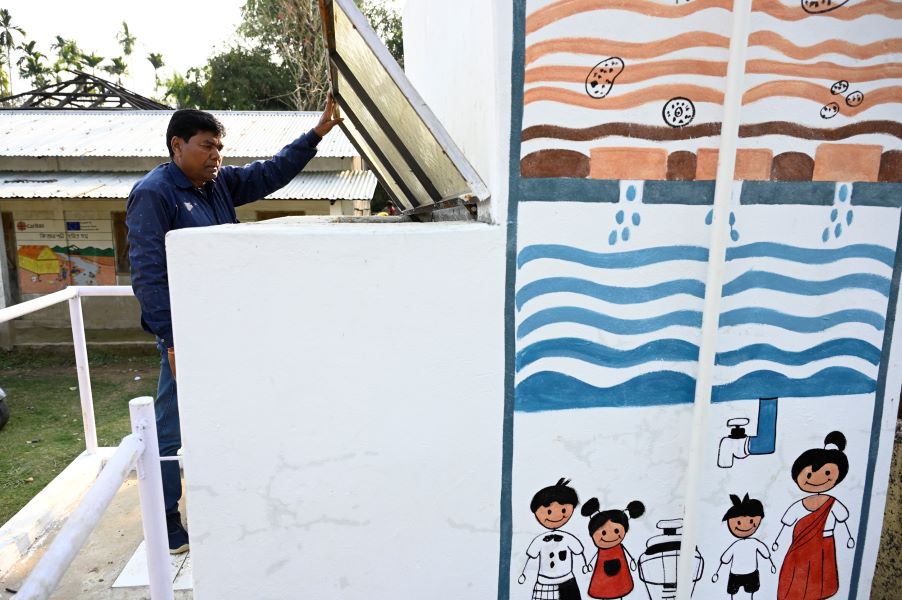

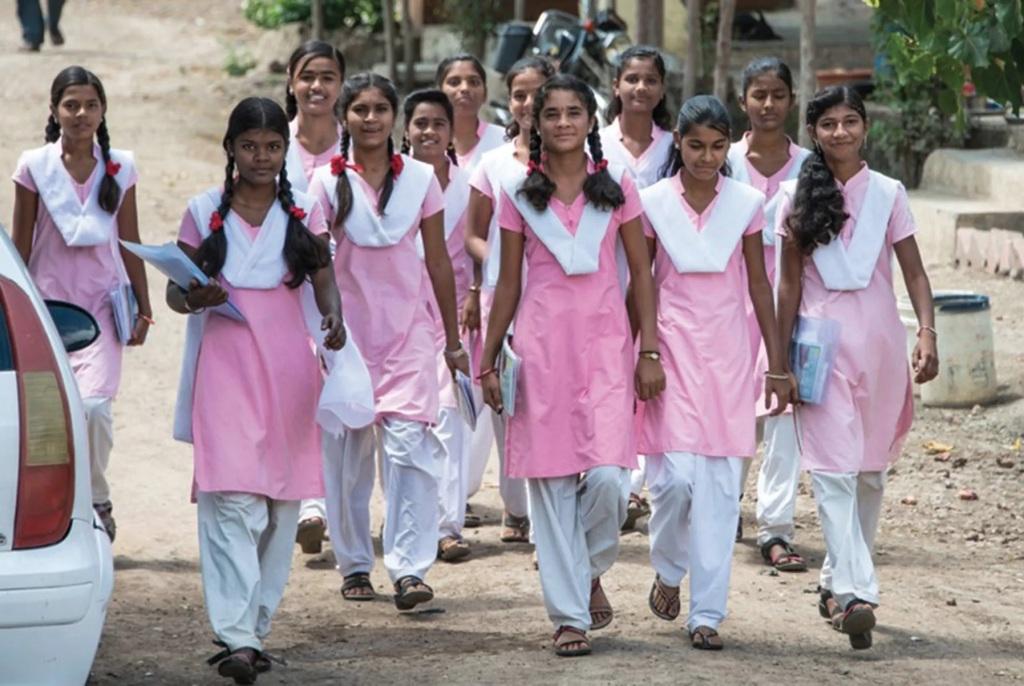


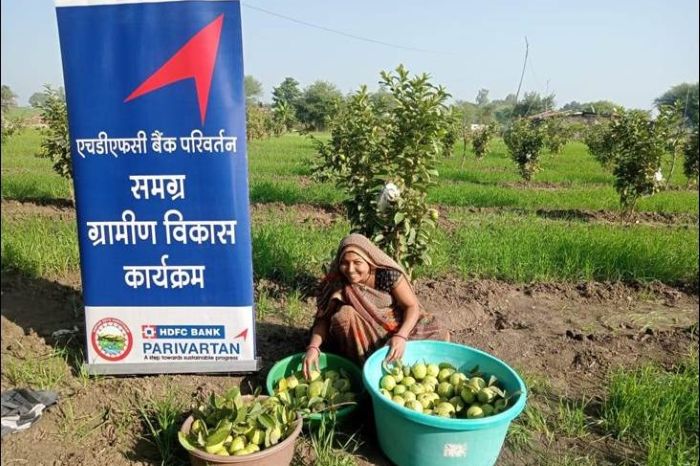
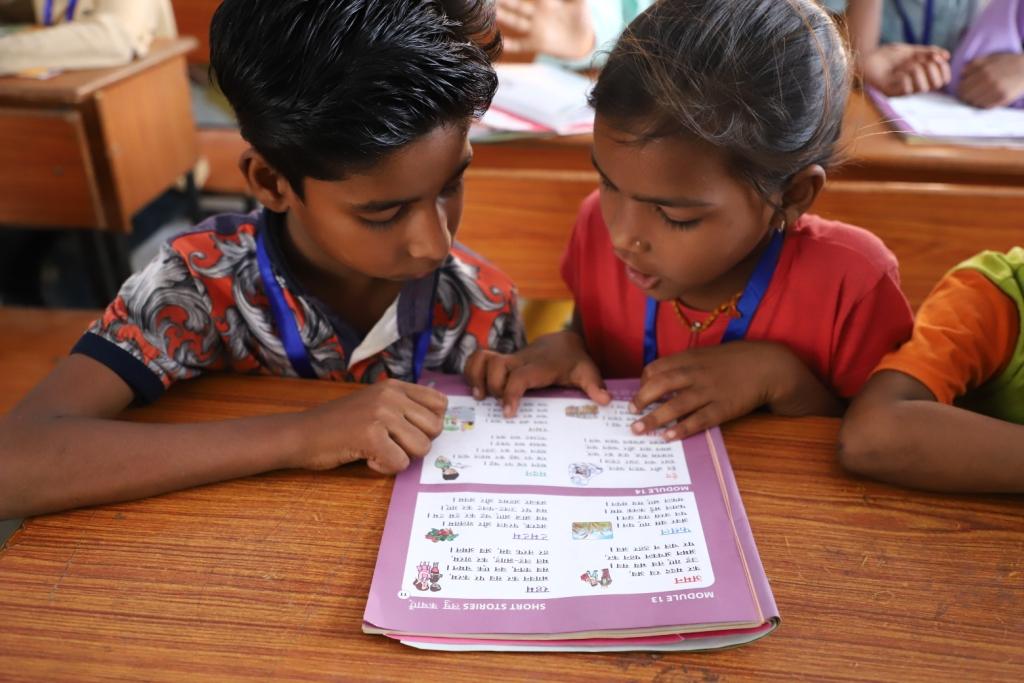
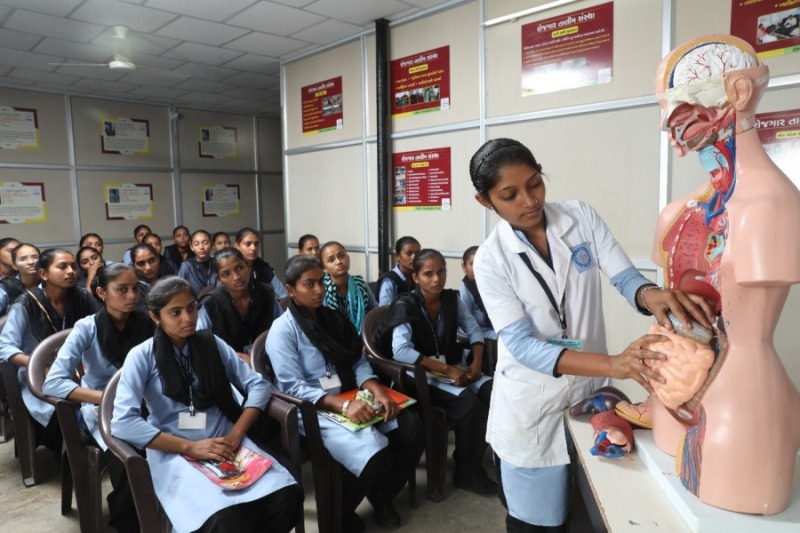








.jpg)



